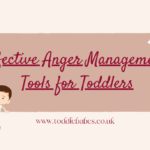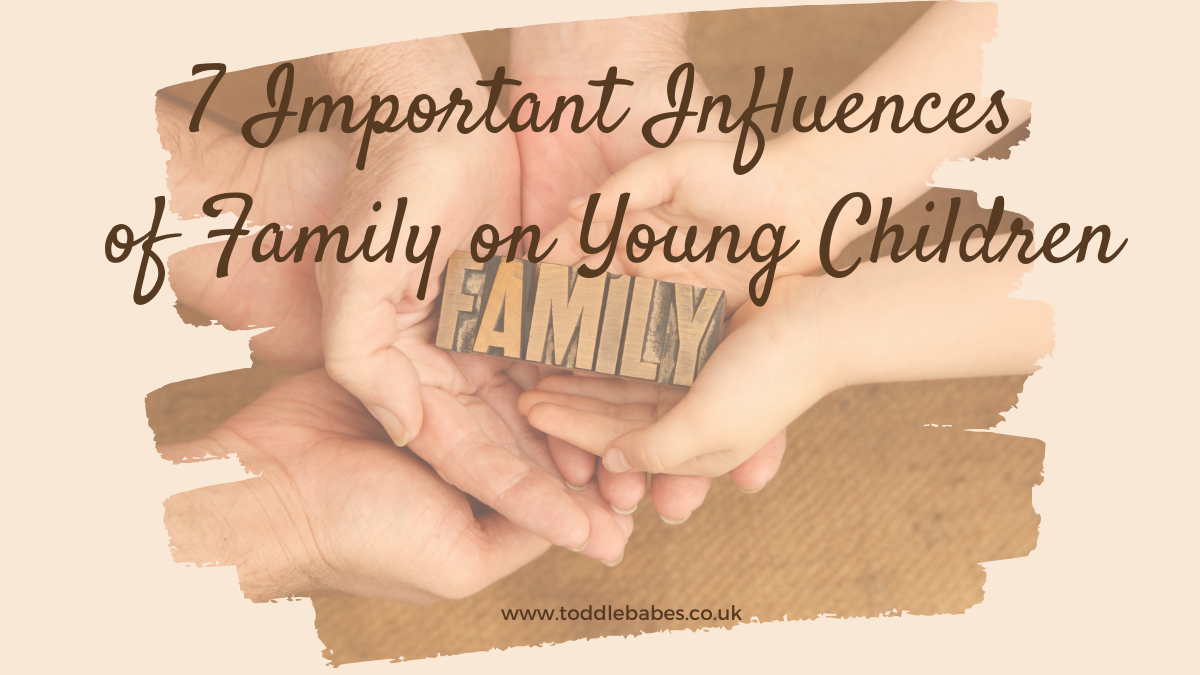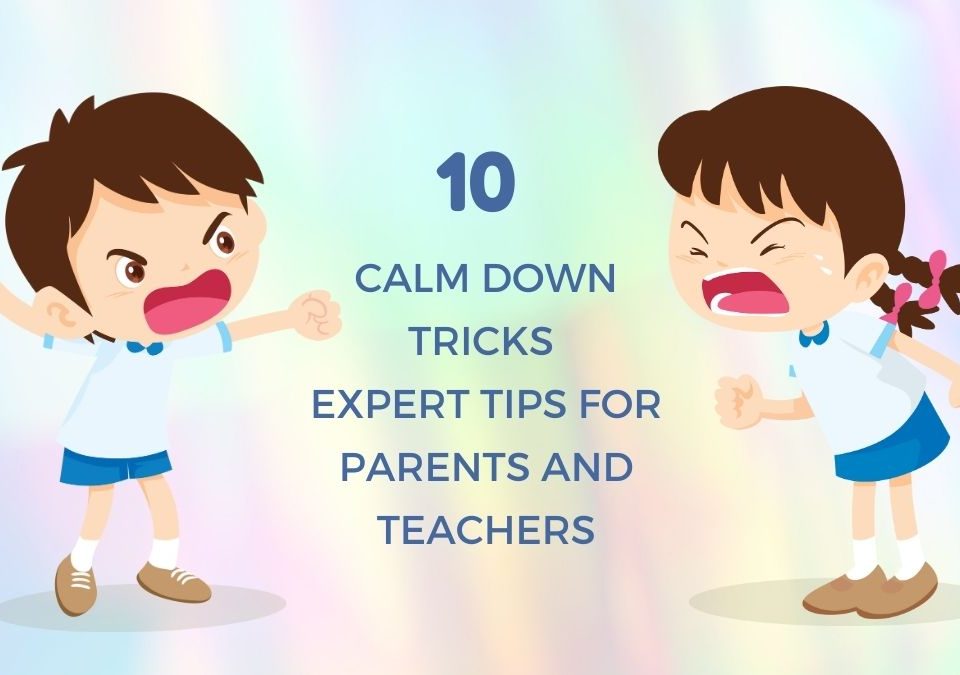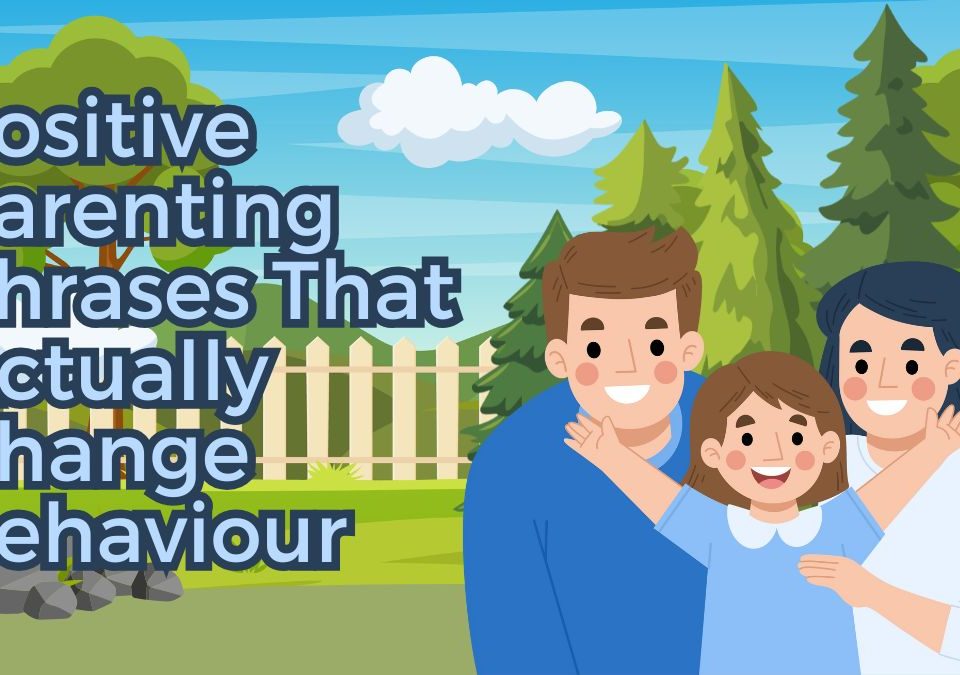
10 Powerful Toddler Anger Management Tools for Toddlers

Laughter: Why Raising Happy Children Starts with Giggles

Family plays a crucial role in the development and well-being of young children. It provides a support system, love, and a sense of belonging that are essential for their growth. In this blog post, we will explore the significance of family in shaping a child’s life and the positive impact it has on their overall development. Whether you are a parent or an educator, understanding the importance of family dynamics can help you create a nurturing environment that nurtures children’s emotional, social, and cognitive growth. So, let’s dive in and explore why family matters for young children.
Table of Contents
The Effect of Family on a Child’s Development
Here are several key reasons why family is crucial for the development and well-being of young children:
Emotional Support:
Family provides children with a secure and nurturing environment where they feel loved, valued, and emotionally supported. Through positive interactions with parents, siblings, and extended family members, children learn to express their emotions, develop empathy, and build healthy relationships. When children feel safe and cherished by their families—whether it’s mom, dad, siblings, or even those awesome cousins—they start blossoming like little emotional flowers.
They learn to express their feelings, whether it’s joy, sadness, or excitement, without feeling judged or misunderstood. When families create an environment filled with love, respect, and understanding, it’s like laying down the foundation for emotional superheroes.
Emotional support is like the secret ingredient in building strong, healthy relationships. When kids experience positive interactions at home, they take those skills out into the world. They become the kind of friends who listen, understand, and show empathy.
When children feel safe and cherished by their families they start blossoming like little emotional flowers.
Stability and Security:
Family offers children a sense of stability and security, which is essential for their overall development. Knowing that they have a safe and dependable home environment allows children to explore the world with confidence and curiosity, knowing that they have a supportive network to rely on.
When children have a safe and steady place to call home, they can spread their wings and explore the world with confidence. When your children know they’ve got a rock-solid foundation to come back to, they’re like little explorers, ready to conquer anything. They’ll dive into new experiences, curious and brave, because they know you’ve got their backs.
Knowing that they have a safe and dependable home environment allows children to explore the world with confidence and curiosity
Socialisation and Communication:
Family serves as the primary socialising agent for young children, teaching them important social skills and communication strategies. Through interactions with family members, children learn how to express themselves, share their thoughts and feelings, and navigate social situations effectively.
Think of your family as their very first playground, where they learn the ropes of friendship and conversation. Your home is buzzing with chatter, laughter, and maybe a little bit of chaos (hey, that’s just part of the fun!). It’s in these everyday moments that our kids are soaking up some seriously important life lessons.
You see, when they’re chatting away with siblings, sharing toys, or even negotiating bedtime with you, they’re actually mastering the art of communication. They’re learning how to express themselves, whether it’s with words, giggles, or even those ‘adorable’ little tantrums.
And let’s not forget about social skills! From learning to take turns during family game night to figuring out how to navigate conflicts with siblings, every moment is a chance for them to become little social butterflies.
Every conversation is a chance to learn, grow, and maybe even share a few giggles along the way. Because when our children feel confident expressing themselves and making friends, they’re ready to take on the world—one smile and high-five at a time.
Every conversation is a chance to learn and grow
Values and Beliefs:
Family plays a significant role in shaping children’s values, beliefs, and attitudes towards themselves and the world around them. Parents and caregivers instil moral and ethical principles, cultural traditions, and religious beliefs that help children develop a sense of identity and purpose.
Your family is a treasure chest, filled with wisdom, traditions, and a whole lot of love.
Picture this: your home, where bedtime stories aren’t just about fairy tales, but also about passing down the values that matter most to your family. It’s in these everyday moments that we’re shaping the kind-hearted, thoughtful humans of tomorrow.
You see, as parents and caregivers, we’re like the captains of our family ship, navigating our little crew through the seas of life. We’re not just teaching them right from wrong; we’re instilling the kind of moral compass that guides them through stormy waters and sunny skies alike.
And let’s not forget about the beautiful tapestry of traditions and beliefs that make your family unique. Whether it’s celebrating holidays, sharing cultural stories, or passing down secret recipes, these are the threads that weave together the fabric of your family’s identity.
Family traditions, bedtime stories, and heart-to-heart chats shape our kids’ values and beliefs. When they grow up knowing who they are and what they stand for, they’re ready to spread their wings and shine bright in the world!
Education and Learning:
Family involvement in education is crucial for children’s academic success and lifelong learning. Parents and caregivers support children’s learning by reading to them, helping with homework, and engaging in educational activities at home. Family also serves as a primary source of knowledge and wisdom, passing down skills, traditions, and cultural heritage from one generation to the next.
Your family is like a little classroom, where the lessons go beyond textbooks and spill over into every corner of your home.
Imagine this: bedtime stories that whisk your little ones away on magical adventures, homework sessions that sometimes feel like solving mysteries together, and weekend science experiments that turn your kitchen into a lab. That’s the beauty of family involvement in education—it’s all about turning everyday moments into learning opportunities.
You see, as parents and caregivers, we’re not just cheerleaders on the side-lines; we’re the MVPs of our kids’ educational journey. Whether it’s helping with maths problems, exploring the wonders of the world through books, or sharing our own experiences and knowledge, we’re laying the foundation for a lifelong love of learning.
Remember too, the wisdom that’s passed down from generation to generation like a treasured family heirloom. From Grandma’s secret recipe for the perfect pie to Grandpa’s knack for fixing things around the house, these little nuggets of knowledge are priceless gifts that we get to share with our children. When we’re involved in their education, we’re not just helping them succeed in school; we’re setting them up for a lifetime of curiosity, creativity, and endless possibilities.
Health and Well-being:
Family influences children’s physical, emotional, and mental health outcomes in profound ways. Family routines, such as mealtime, bedtime, and playtime, contribute to children’s overall well-being and help establish healthy habits that last a lifetime. Additionally, strong family relationships can serve as a protective factor against stress, anxiety, and other mental health challenges.
Your family is the ultimate wellness team, where every member plays a vital role in keeping your children happy and healthy.
Imagine this: mealtime giggles, bedtime snuggles, and playtime adventures that leave everyone smiling from ear to ear. These everyday routines aren’t just about keeping the chaos at bay; they’re the secret sauce to nurturing our kids’ bodies, minds, and hearts.
As parents, we’re like the wellness gurus of our family tribe. From serving up nutritious meals to squeezing in some quality zzz’s, we’re setting the stage for a lifetime of healthy habits. And let’s be real, sometimes it’s about finding that perfect balance between broccoli and ice cream—because hey, a little treat now and then is good for the soul too!
But it’s not just about the physical stuff. Our family bonds protect our kids from the stresses of the outside world. Whether it’s a comforting hug after a tough day or a listening ear during those tricky tween years, our strong family relationships are the ultimate shield against stress, anxiety, and all those other tricky emotions.
Family wellness is an opportunity where every moment is a chance to nourish our children’s bodies, minds, and spirits. Because when we prioritise their health and well-being, we’re not just raising healthy kids; we’re raising happy, resilient, and awesome humans!
Identity Development:
Family plays a critical role in shaping children’s sense of identity and self-concept. Children learn about their cultural background, heritage, and family history through stories, traditions, and rituals passed down from generation to generation. Family also provides a sense of belonging and connection to a broader community and lineage.
Imagine this: bedtime tales that whisk your kiddos away to far-off lands, family recipes that have been passed down for generations, and holiday traditions that make your home feel like the heart of a bustling village. These are the building blocks of your child’s identity—the little pieces that make them uniquely them.
Parents are the keepers of the family flame, passing down the torch of our cultural heritage and family history to the next generation. From teaching them about their roots to instilling a sense of pride in where they come from, we’re helping our children build a strong foundation for their sense of self.
But it’s not just about where they come from; it’s also about where they belong.
But it’s not just about where they come from; it’s also about where they belong. Our families are like cosy little nests, where our kids feel safe, loved, and accepted just as they are. It’s in these moments of connection and belonging that they start to understand their place in the world and the beautiful tapestry of humanity that they’re a part of.
Family identity is fostered where every story, tradition, and hug is a thread in the rich fabric of our children’s lives. Because when they know who they are and where they come from, they’re ready to spread their wings and soar higher than ever before!
It is undeniable that family plays a vital role in shaping the lives of young children. The love, support, and guidance provided by their family members create a strong foundation for their overall development and happiness. By nurturing positive family relationships and fostering a supportive home environment, parents and caregivers set their children up for success in life. Let us continue to prioritize and cherish our families, as they are the key to a bright future for our children. Don’t forget to share your thoughts by leaving a comment on this blog post.
What Is The Importance Of Family In Modern Society? (betterhelp.com)

I am a preschool and primary school teacher and mum to 3 children. I have been involved in education since 1997 and have trained in a variety of educational specialist areas. It is with this expertise that I write articles to help parents and educators provide quality learning experiences for the children in their care.




